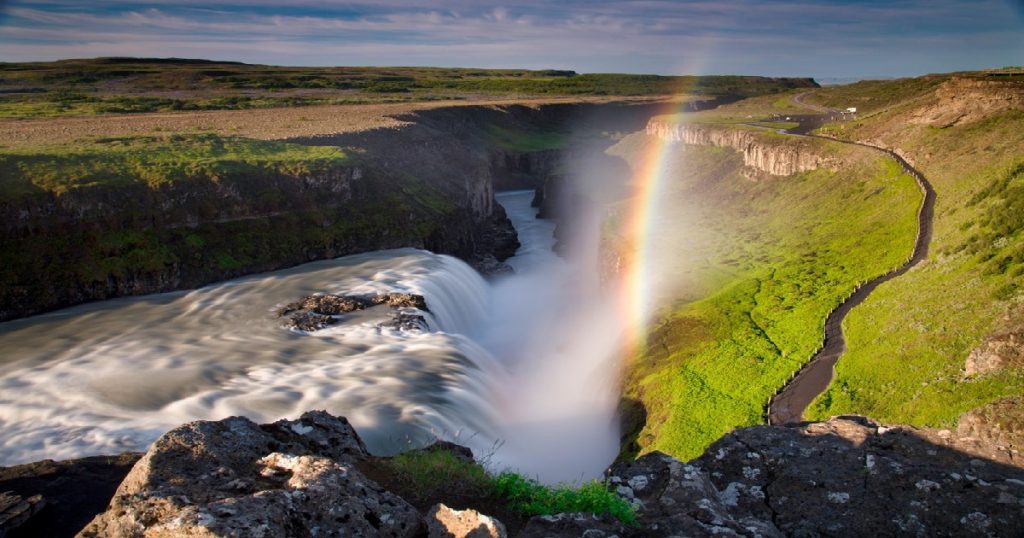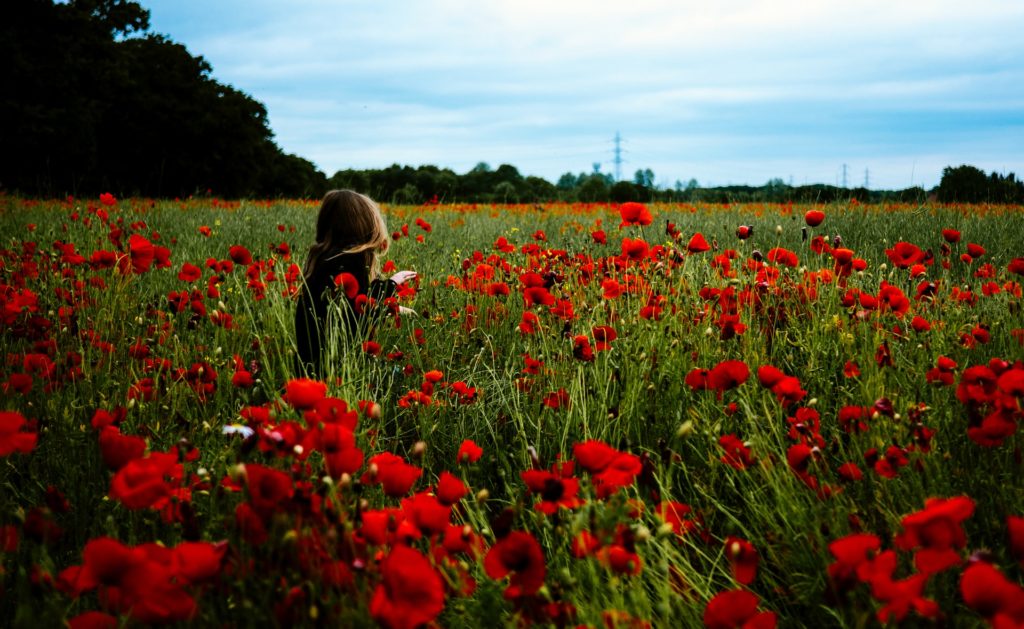
By @johnvinod | March 1, 2021
Praise God for the brand-new month of March and for his grace that sustained us until now in 2021. Let us begin by reading Chapter 3 of the book of Joel and we shall focus on its last section, 3: 18-21, as we wrap up our reflections from the book of Joel.
As noted in my earlier posts, in chapter three, Joel describes the judgement upon the nations that will ensue with the onset of “the day of the Lord” in the coming days. I believe its initial fulfilment happened with the coming of our Lord Jesus Christ and the inauguration of the Kingdom of God on earth. However, its complete fulfilment awaits the return of Jesus Christ.
So, in 3: 18-21, Joel zooms out of the nations and refocuses his lens on the people of God or Judah, about whom this prophecy was primarily written. Remember, they had just been restored and saved from the locust plague. So, in concluding his prophecy, Joel reassures them with encouraging words of comfort and peace while also revealing the fate of their next-door neighbors, Egypt and Edom.
This passage begins with “in that day” keeping in line with the theme of the day of the Lord like other prophets such as Amos, Hosea, Micah, Zephaniah, and Isaiah. Then Joel uses three essential elements both materially as well as figuratively to proclaim the wellbeing of the people of God to coincide with the coming of the Messiah. They are: Wine, Milk, and Water. Joel promises that these will be available in abundance. Remember they had been through a plague which had destroyed their crops, vineries, as well as cattle affecting the supply of food, wine, and milk. E.g., see chapter 1:4-5; 7, 9-12. Not only the crops and vines withered but due to the lack of water, “all the [fruit bearing] trees of the field are dried up; surely joy withers away among the people” (1:12).
Therefore, Joel utilizes these symbols; wine, milk, and water, for the holistic salvation God is providing for his people. It will take care not only of their spiritual aspirations, but also of their quantifiable tangible needs. The abundant supply of wine will compensate for the vineries that were destroyed. Milk will overflow because the cattle will not wander and groan anymore without water or pasture as in 1: 18. The water will overflow in plenty because the water brooks are not dried up anymore (1: 20). And the real source of these blessings will not be their best works (karma), but the Lord Yahweh himself. The presence of the Lord among his people becomes the source of all blessings. For he has promised to abide with them on his holy hill and become the fountain of water and joy for them forever:
“… and a fountain shall come forth from the house of the Lord
and water the Valley of Shittim” (Joel 3:18 ESV).
This fountain of water resembles what the prophet Ezekiel had also observed in his vision (Ezekiel 47:1-12). In the eschatological (final events of history) vision of the holy city of God in the book of Revelation, also, a river appears flowing from the throne of God.
Then the angel showed me the river of the water of life, bright as crystal, flowing from the throne of God and of the Lamb through the middle of the street of the city. On either side of the river is the tree of life with its twelve kinds of fruit, producing its fruit each month; and the leaves of the tree are for the healing of the nations (Revelation 22: 1-2 NRSV).
Lastly, Joel concludes in 3:21 reassuring the people of God that the sins, the crimes of the nations, and the bloodshed of his people will not go unnoticed and unpunished. God asks and answers himself: and shall I leave their bloodshed unpunished? No, I will not, as surely as I abide in Jerusalem. And let everyone notice that “the Lord dwells in Zion!”
So, friends, this assurance can be meaningful to us, too, as we walk through this second year of the pandemic. God’s presence is promised to us in the midst of this plague. As we wait for “the day of Lord” or the return of Jesus Christ, our concern should not be with the detailed particulars of events or their chronology; rather it should be with the restoration, salvation, and eternal presence of the Almighty it will bring to us, his people. As the Apostle John saw in a prophetic vision proclaimed:
And I heard a loud voice from the throne saying, “Behold, the dwelling place of God is with man. He will dwell with them, and they will be his people, and God himself will be with them as their God. He will wipe away every tear from their eyes, and death shall be no more, neither shall there be mourning, nor crying, nor pain anymore, for the former things have passed away (Revelation 21:3-4 ESV).
Maranatha!


